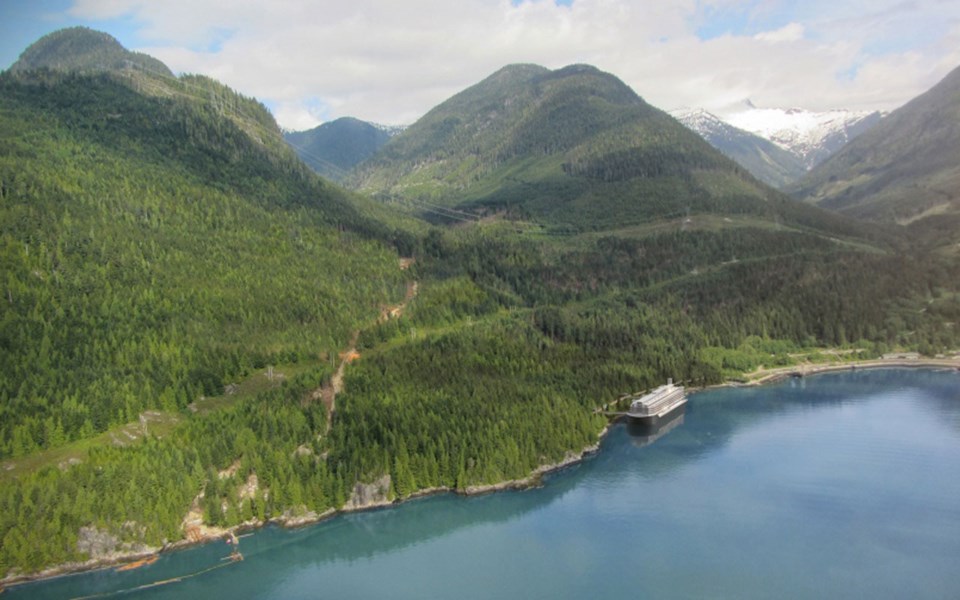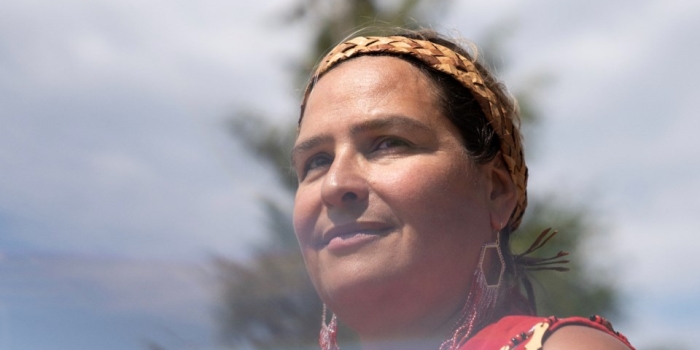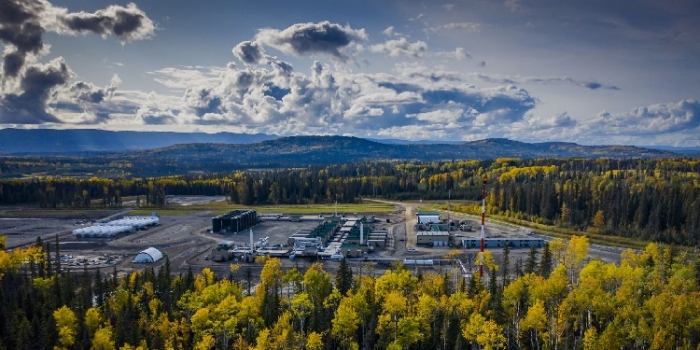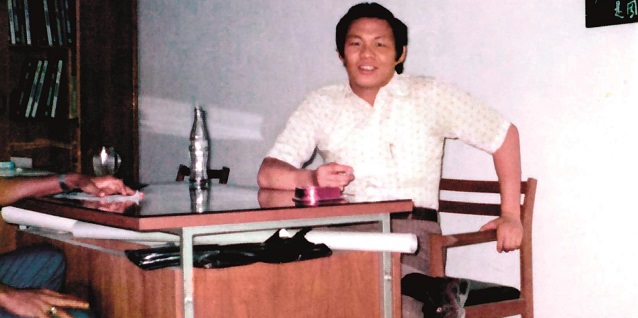The following Letter to the Editor originally appeared in the Squamish Post on 15 November 2023.
I’ll be honest with you, I used to be against the Woodfibre LNG project.
I didn’t want truckloads of workers tearing through our town in F150s, driving up already sky-high prices for housing and snapping up rentals that locals so badly need but are priced out of.
In the beginning, I wasn’t convinced the project would be delivered responsibly.
I did not know how a project of this kind would impact my family and my children.
I was also aware of the negative impact major infrastructure projects can have on our Indigenous women and girls and two-spirited people.
Earlier this year, I was invited by Woodfibre LNG, alongside other members of the Squamish and Tsleil-Waututh Nations, to join their Gender Safety Committee Advisory Committee.
‘Chésha7,’ Gwen Harry, a Squamish Nation Elder, co-chairs the committee, with Woodfibre’s president, Christine Kennedy.
The purpose of the committee is to raise awareness about the work that needs to be done regarding the safety of women and girls whenever industrial projects come to towns like Squamish.
I know that this is a huge worry for community members, and as a cultural trainer and cultural ambassador, and a relative of a murdered Indigenous woman, I felt it was my duty to stand up for this cause and make my voice be heard.
The formation of the Committee goes hand in hand with the floating accommodation proposal—floatel— that Woodfibre will use to house its workforce.

Artist rendering of the floatel and its future location.
I am proud to see that the committee’s work has made its way into a regulatory requirement that will set a new bar for natural resource projects. The Amendment Order that was released by the BC Environmental Assessment Office for the Woodfibre project requires: a gender and culture safety plan, worker health and wellness training, a floatel and workplace culture committee and no access to the community for non-local workers.
With this regulation, Woodfibre LNG is required to deliver on the above to help keep our community safe and ensure that our women and two-spirited people have fair and equitable access to the economic opportunities that this project will create.
As you read through the floatel amendment, which can be found on the Environmental Assessment website, you will see that there will be no recreational access allowed into the community of Squamish. Having workers live onboard a floatel lessens the demand for community services and reduces traffic and congestion downtown.
However, the biggest thing for me is that it improves the safety of Indigenous women, girls and children.
I don’t have a comment as to whether I support the Woodfibre LNG project or not.
But what I can say is that I believe as a Squamish Nation member, a mother, sister, auntie and daughter—I had a responsibility to join the effort of the company to advancing the findings of the National Inquiry into Murdered and Missing Indigenous Women and Girls, and setting the stage for what the expectation for all projects operating within our territory should live up to.
I’ve lived in Squamish all my life, and have been representing my community all my life.
As a devoted mother, and a committed community member, I welcome Woodfibre LNG to our community. Why? This project is going to create as many as 800 jobs during construction and 100 long-term operations jobs for the full 40-year lifecycle of the project.
We need well-paying jobs. I raise my hands to the provincial government and the environmental regulators who approved the Woodfibre floatel amendment—by doing this, you are keeping workers out of our community and upholding the safety of our women and girls.
If Woodfibre LNG can deliver this, and they do it safely and responsibly while living up to their promise to put women’s issues, Indigenous women’s issues at the forefront of what they do, then I’m good with this.
Deanna Lewis, ‘Kalkalath’
Sḵwx̱wú7mesh Úxwumixw







